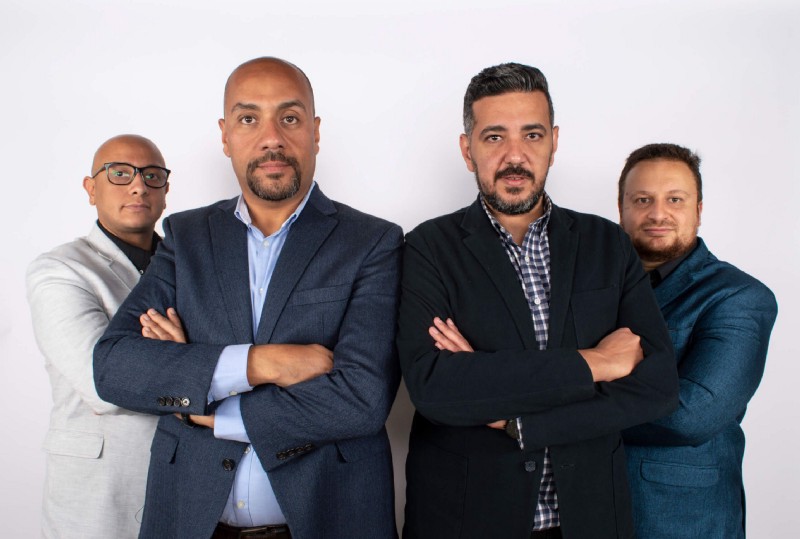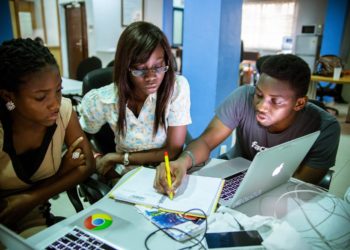Egyptian Healthtech Startup TakeStep Secures Seed Funding Round
Egypt’s angel investors are some of the most active in Africa. Serial investor and entrepreneur Mohamed Hossam Khedr and another undisclosed angel investor have poured some seed funding into TakeStep, a Cairo-based healthtech startup that aims to support people struggling with substance abuse and addiction. Khedr becomes TakeStop’s latest managing partner, following the latest investment.
“We’re very excited about closing this investment round, and proud of the unfailing trust our investors have in us,” said Mohamed Khashaba, CEO of TakeStep. “We look forward to further developing our technology and operations in order to help more patients in the region on their road to recovery.”

Here Is What You Need To Know
- Ahmed Hossam, a gamification guest lecturer at Oakland University for AI PHD Researchers and vice-chair at The International Gamification Confederation, has also joined the TakeStep board at this stage.
- The funding will assist TakeStep in expanding its operations to the Gulf Countries made up of Bahrain, Kuwait, Oman, Qatar, Saudi Arabia, and the United Arab Emirates — except for Iraq.
- The startup was part of the RiseUp Pitch Competition in 2018, securing funding in the process.
Why The Investors Invested
“This is truly an exciting time for TakeStep. I am personally thrilled about joining this exceptional team, and cannot wait to see how the company will grow in the coming months,” said Khedr. “TakeStep is very intelligently using technology to transform patients’ healing processes, and has a significant impact on the community.”
A Look At What The Startup Does
Launched in 2018, TakeStep helps patients, licenced therapists, and guardians to interact with one another while still allowing them power over their rehabilitation. Since its founding, the organisation has helped over 15,000 people in resolving their addictions.
Read also:Ghanaian e-health Startup mPharma Opens Shop in Ethiopia
Takestep has initiated many campaigns to provide mental health care to over 260,000 Egyptians since the beginning of the pandemic.
Charles Rapulu Udoh

Charles Rapulu Udoh is a Lagos-based lawyer who has advised startups across Africa on issues such as startup funding (Venture Capital, Debt financing, private equity, angel investing etc), taxation, strategies, etc. He also has special focus on the protection of business or brands’ intellectual property rights ( such as trademark, patent or design) across Africa and other foreign jurisdictions.
He is well versed on issues of ESG (sustainability), media and entertainment law, corporate finance and governance.
He is also an award-winning writer
TakeStep healthtech funding TakeStep healthtech funding



